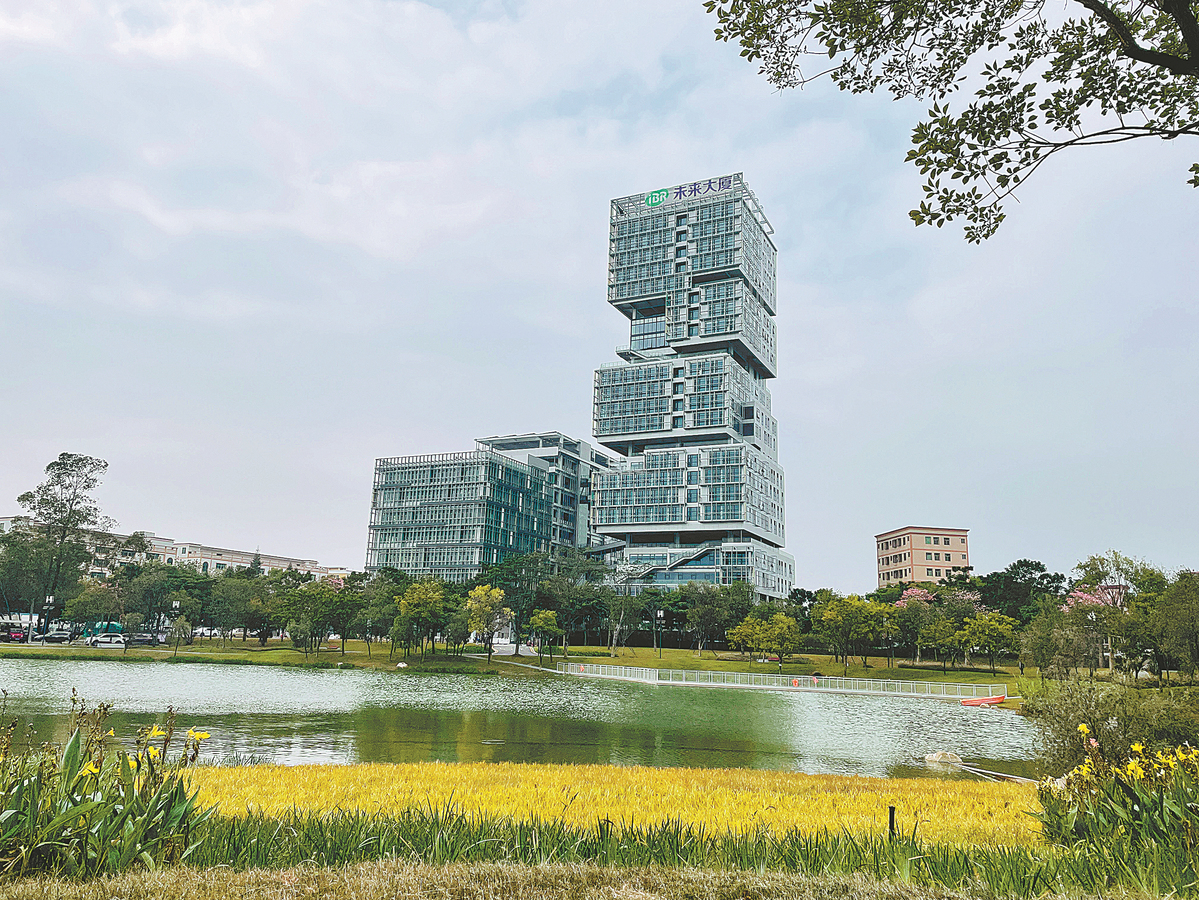UNEP welcomes China to international decarbonization initative


An official with the United Nations Environment Programme has welcomed China's participation in an international initiative that aims to decarbonize the building sector, saying it offers the opportunity for China to share its valuable experiences and insight on promoting green buildings.
Jonathan Duwyn, program officer of UNEP's buildings and construction cities unit, made the remarks in a recent interview with China Daily, following the launch of the Buildings Breakthrough on Dec 6 at COP28 United Nations climate change conference in Dubai, the United Arab Emirates.
Launched by the governments of France and Morocco, together with UNEP, the new initiative aims to strengthen international collaboration to decarbonize the building sector and make clean technologies and sustainable solutions the most affordable, accessible and attractive option in all regions by 2030.
According to UNEP, China is one of 28 countries that have pledged their commitment to the initiative.
China has already made notable strides in promoting green buildings, as evidenced by its Nationally Determined Contribution, or NDC, which was updated and submitted to the United Nations Framework Convention on Climate Change, Duwyn said.
Under the convention's landmark 2015 Paris Agreement, each country is required to outline and communicate their post-2020 climate actions, known as their NDCs.
China's NDC emphasizes the importance of improving national green building standards and advancing regulations to support the development of energy-efficient buildings, Duwyn said. These actions demonstrate China's proactive approach to aligning with global efforts to transition the buildings sector towards sustainability and resilience.
He said he looks forward to seeing China continue its dedication to promoting green buildings and enhancing national green building standards.
"China's NDC lays the foundation for these expectations, and further policy measures and investments supporting efficient buildings will contribute to a sustainable and resilient built environment," he said.
He said China's participation in the Buildings Breakthrough presents an opportunity for it to collaborate with other countries and share experiences to collectively work towards the target of the initiative.
"China has experienced many of the urbanization and population pressures facing other countries around the world today and therefore has a lot of valuable experience to share," he noted.
The international knowledge sharing facilitated by the initiative will enable developing nations to benefit from China's experience, ensuring that urban development aligns with a near-zero and resilient future, he continued.
China's expertise in prefabricated buildings and efficient design can be instrumental, he stressed.
According to China's Ministry of Housing and Urban-Rural Development, China has managed to make more than 60 percent of the total floor area of its urban civic buildings energy-efficient.
"China's geographical diversity offers a broad range of experiences in designing energy-efficient buildings, providing valuable insights for many other countries," Duwyn said.
- Spring Festival travel expected to reach record high
- C919 begins Shanghai-HK regular flight
- Mount Qomolangma's foreign tourist number doubles in 2024
- Yuyuan Garden lights up with Year of the Snake lantern installations
- New dendrobium orchid species found in Sichuan
- People welcome the New Year across China





































